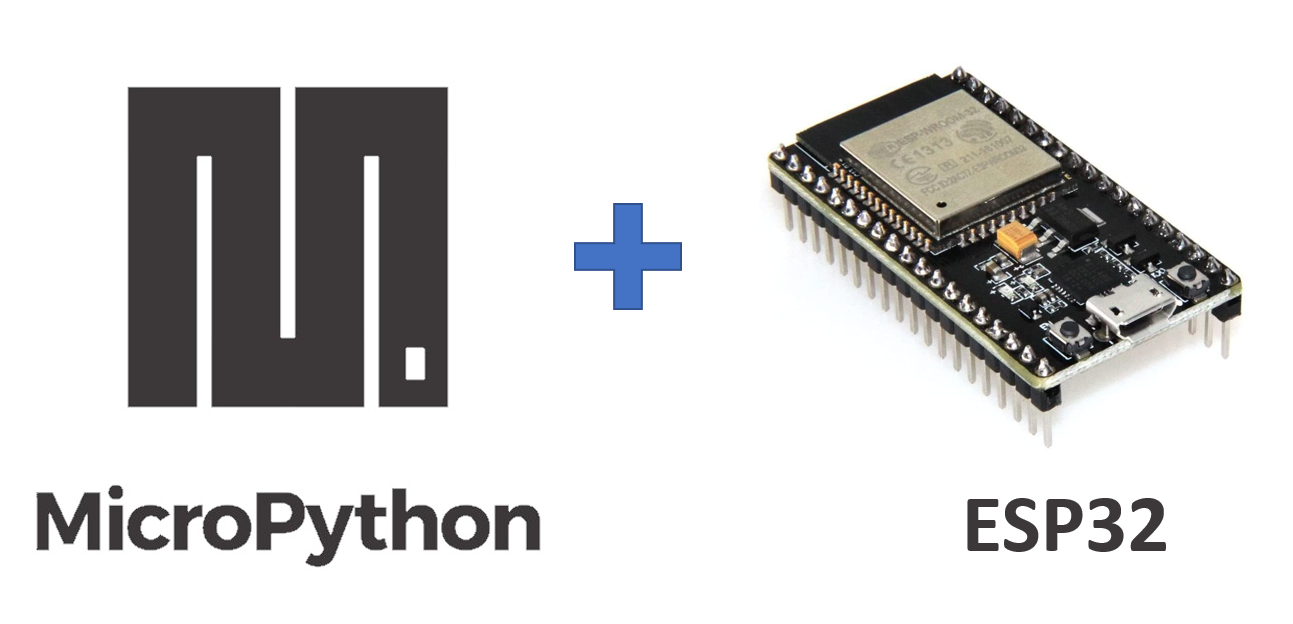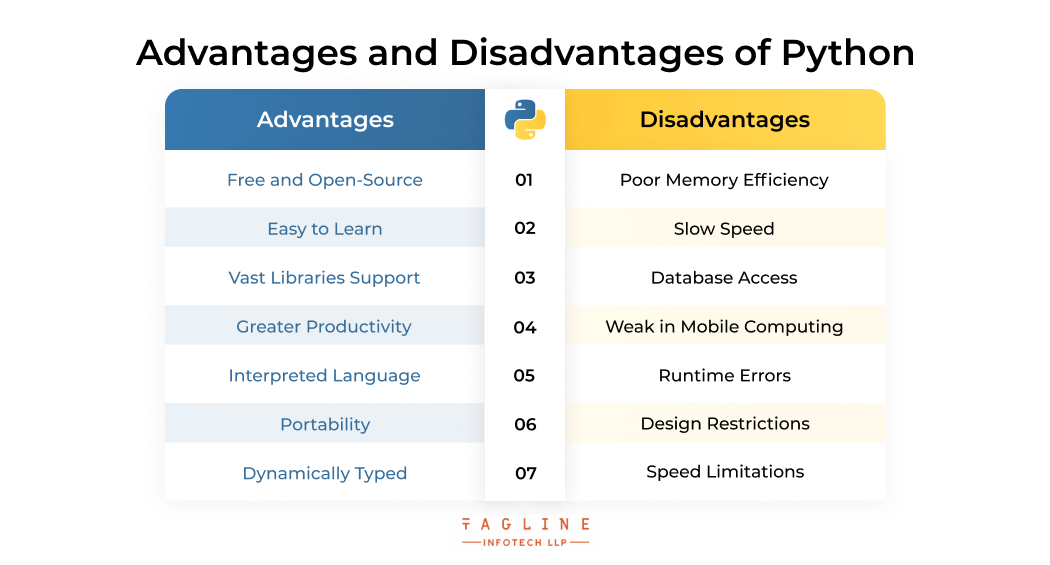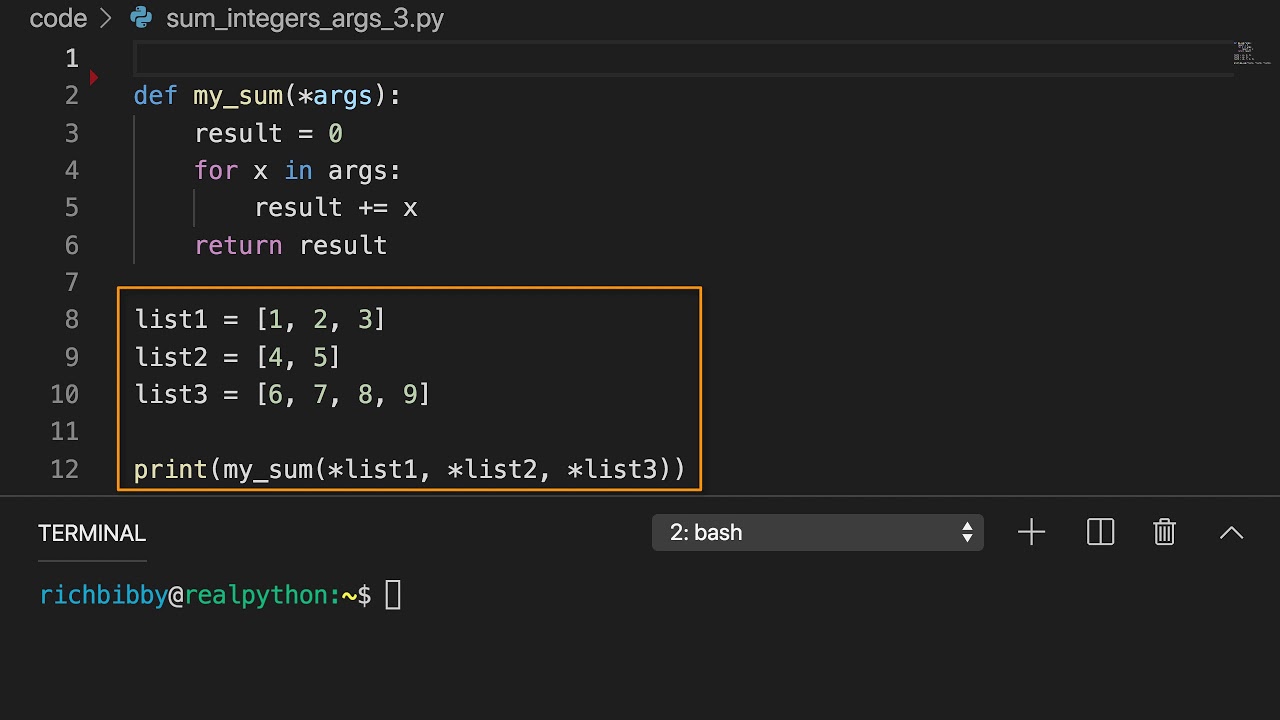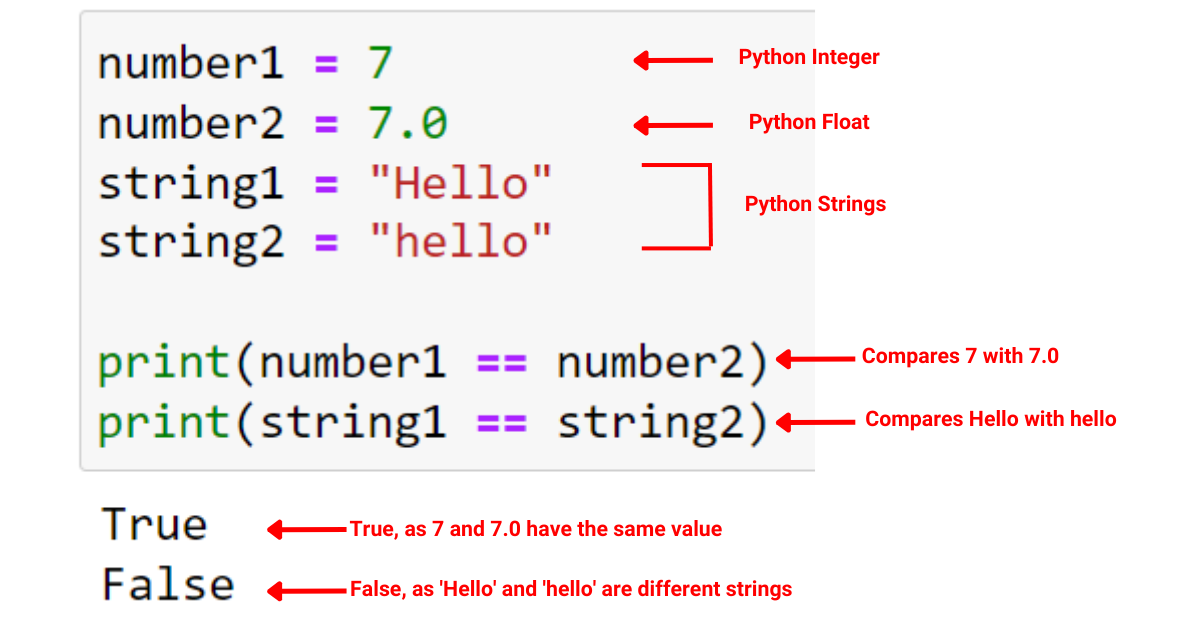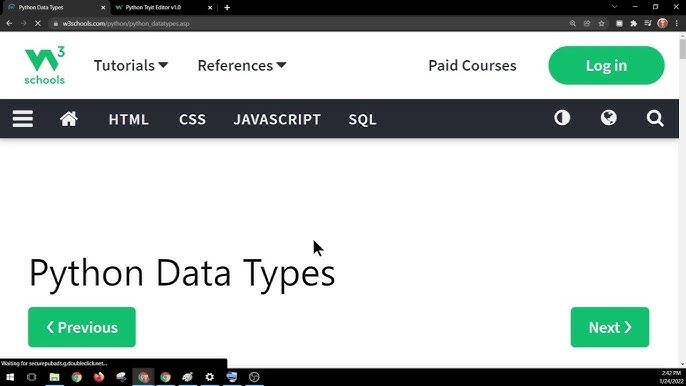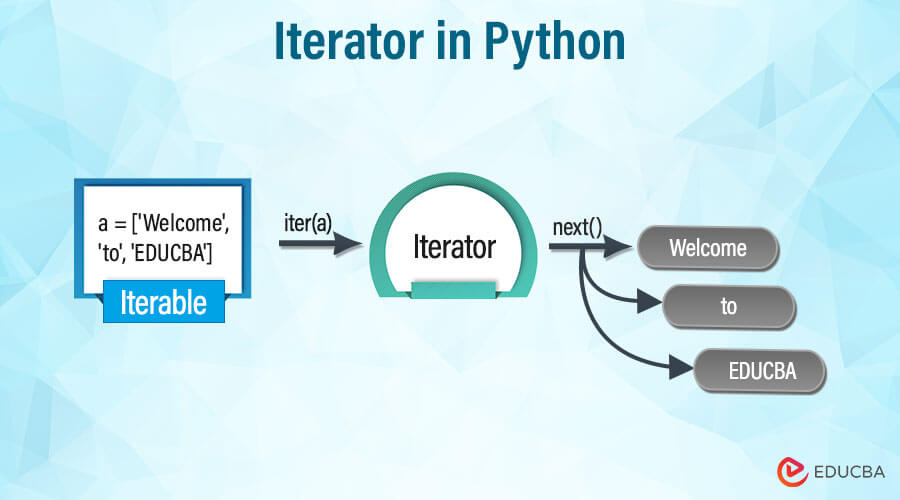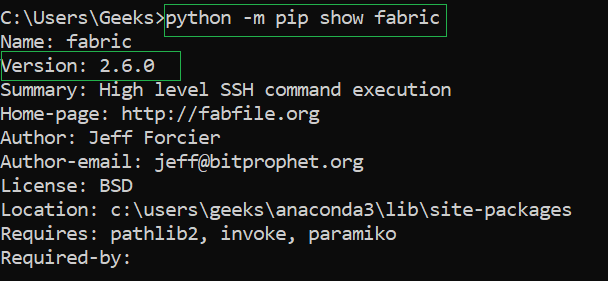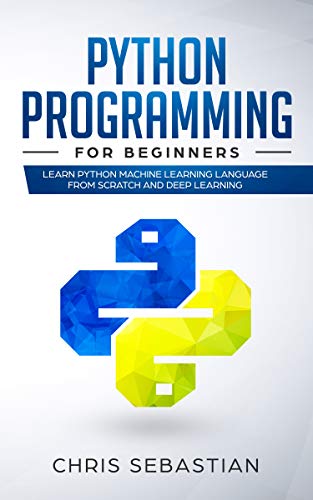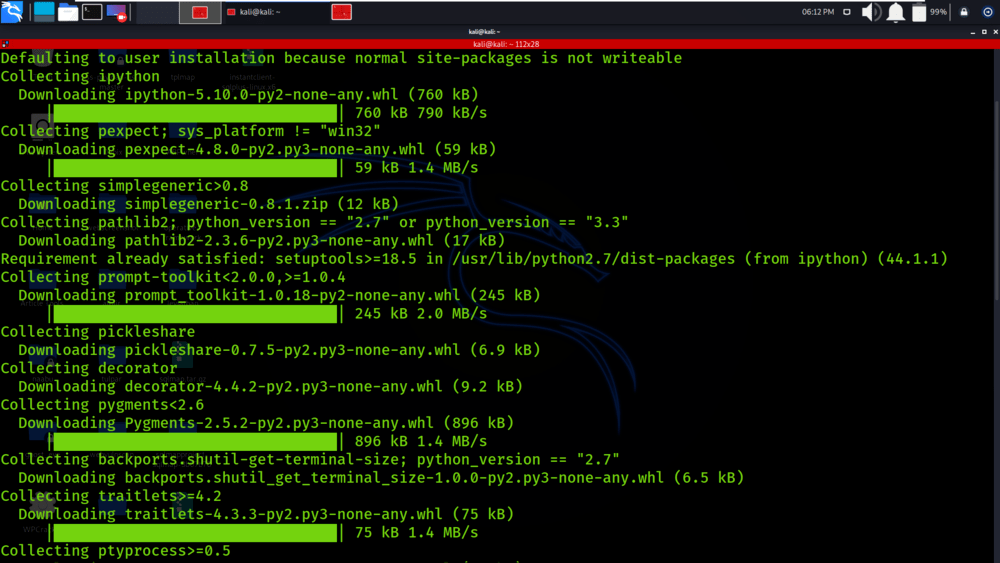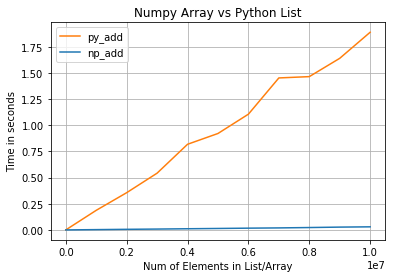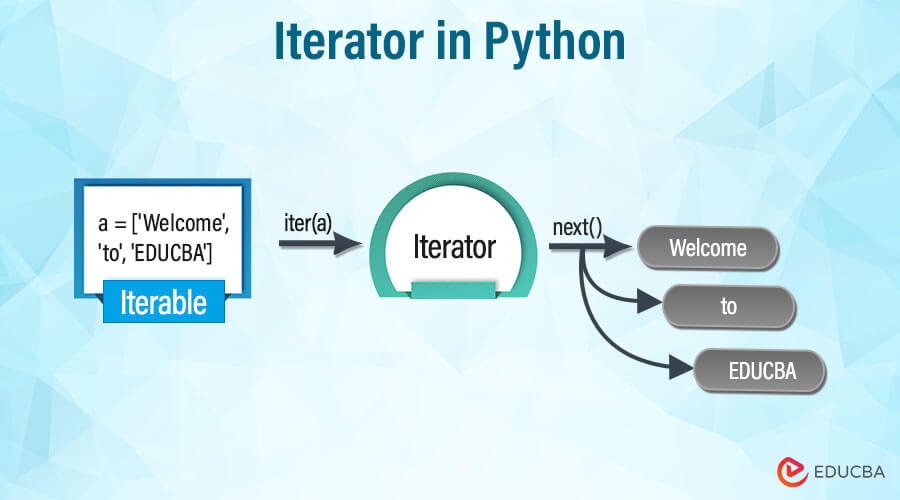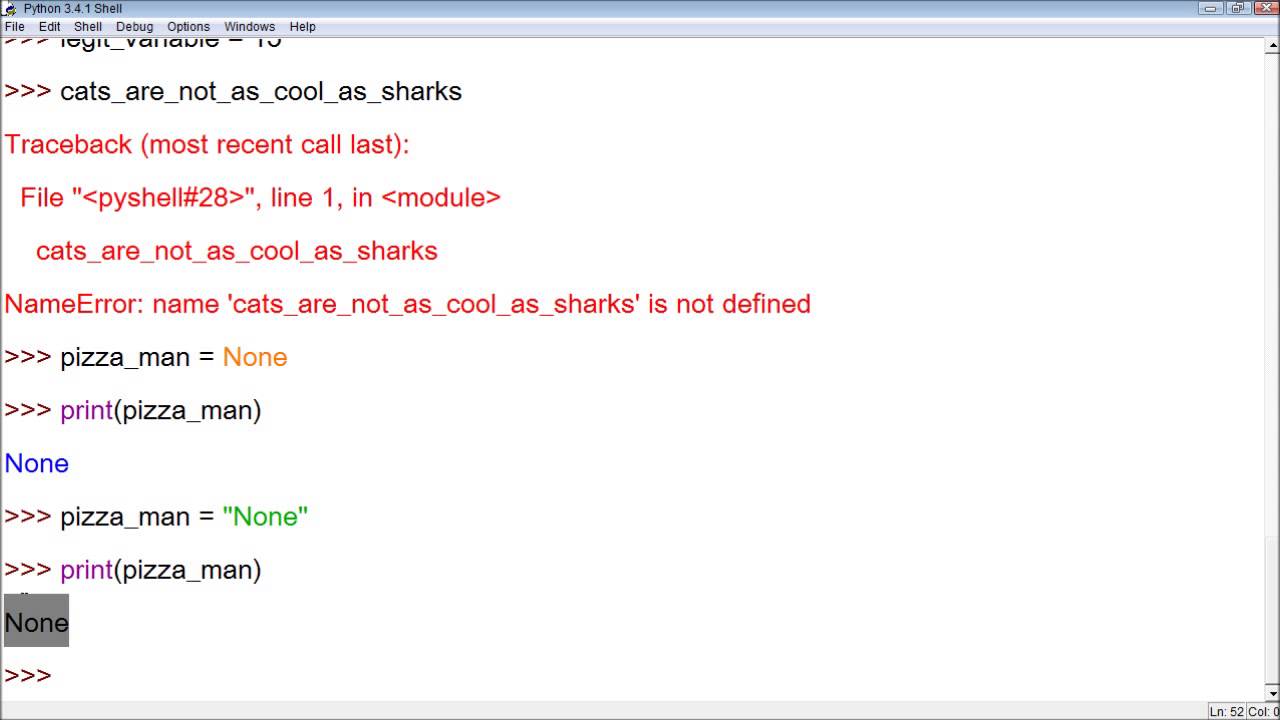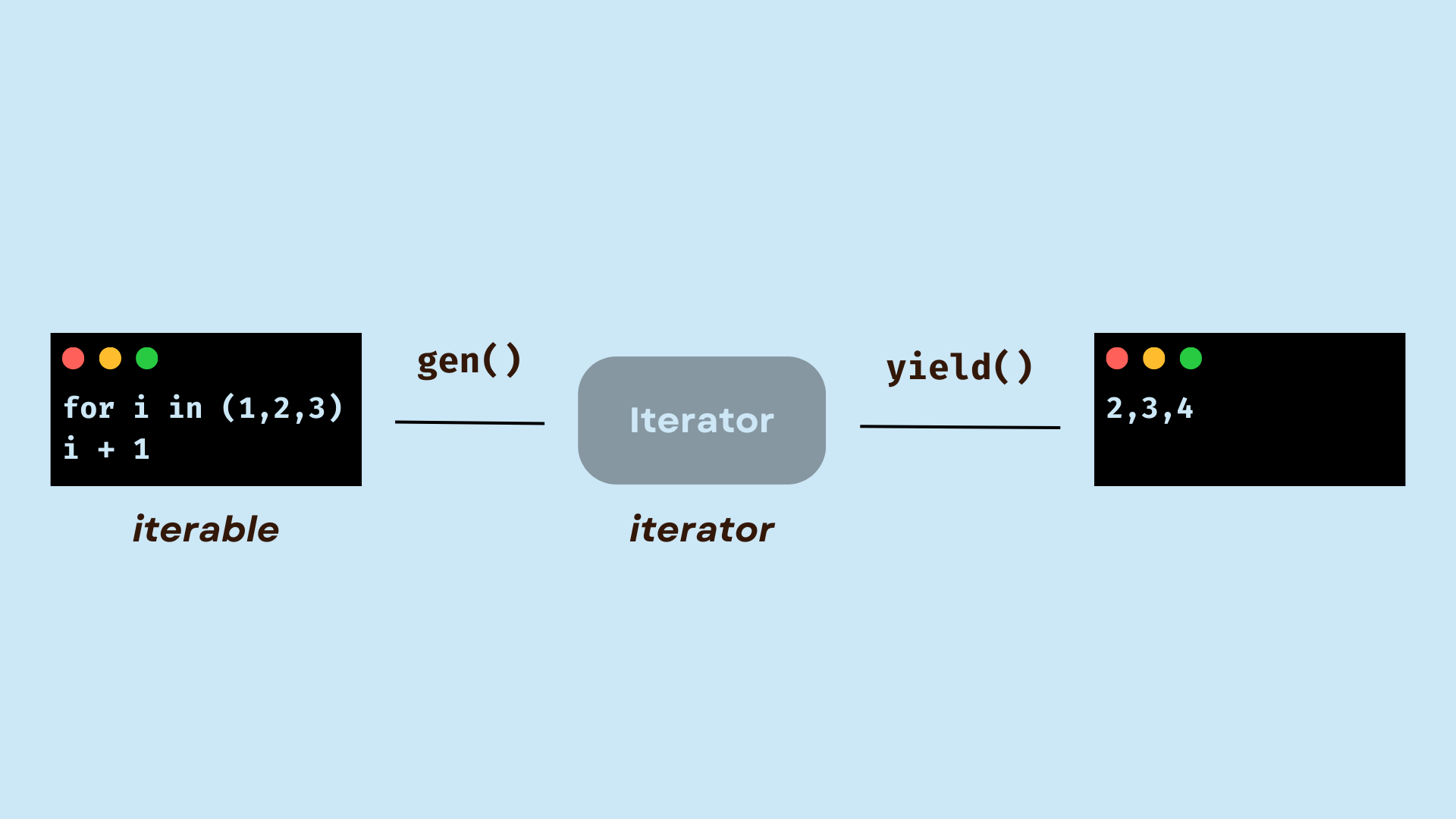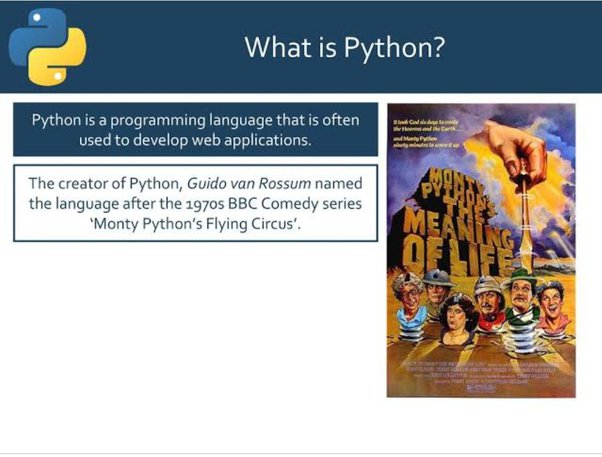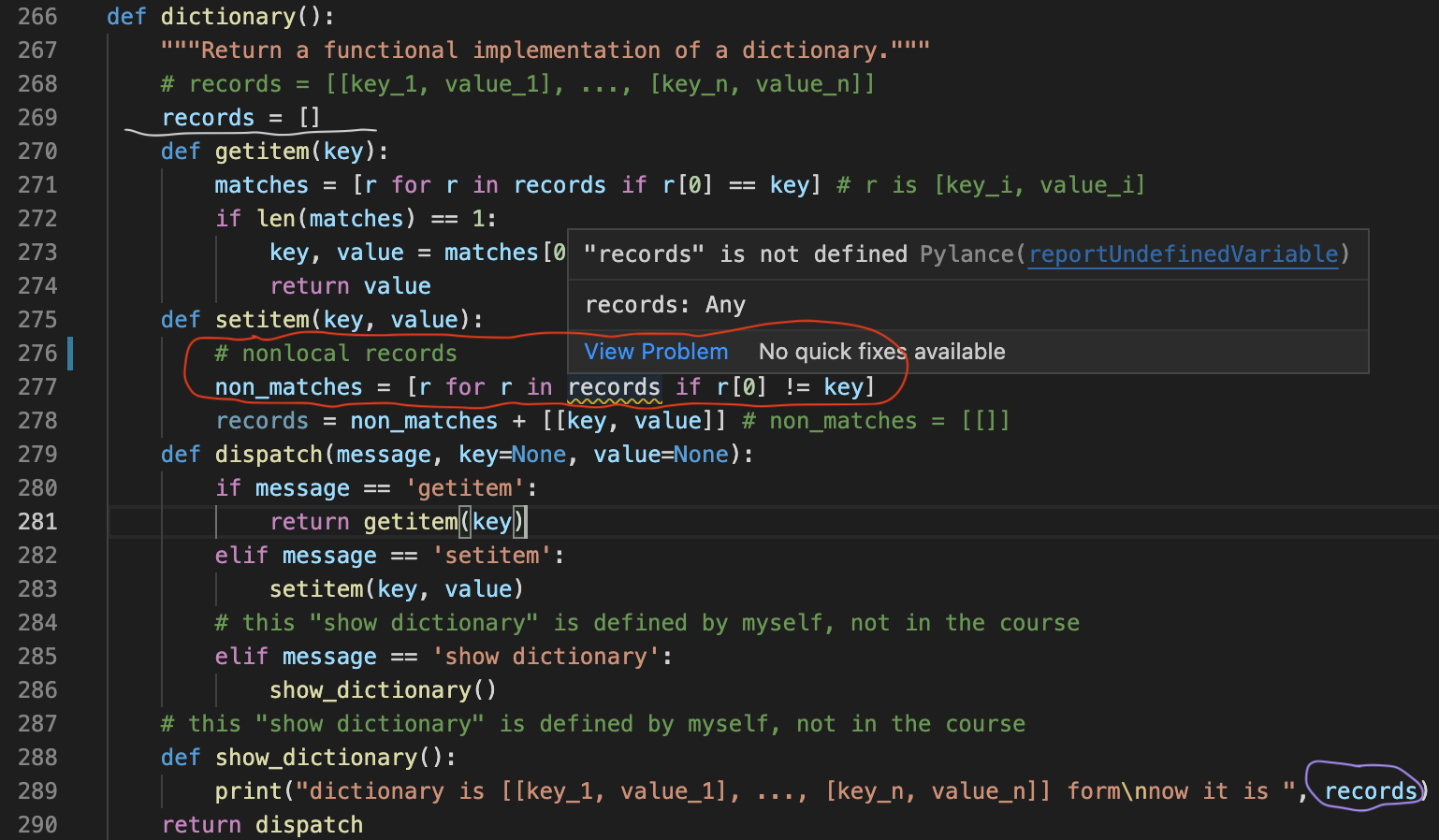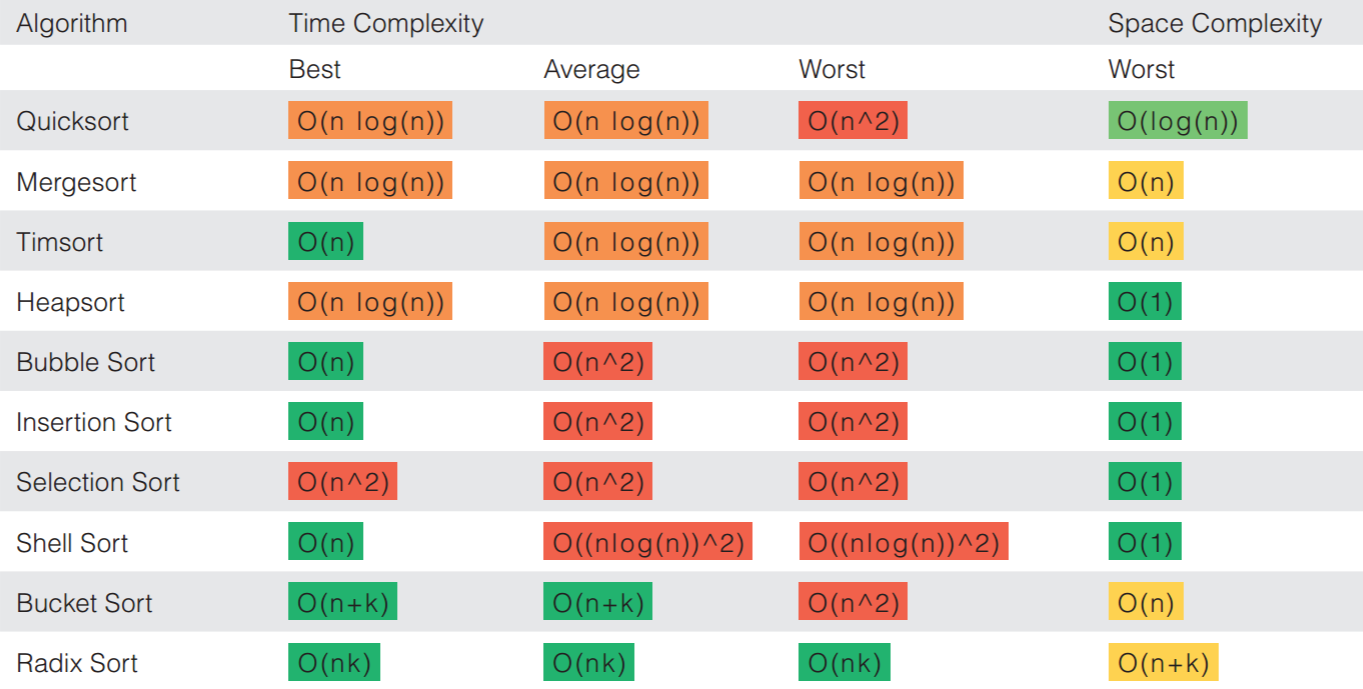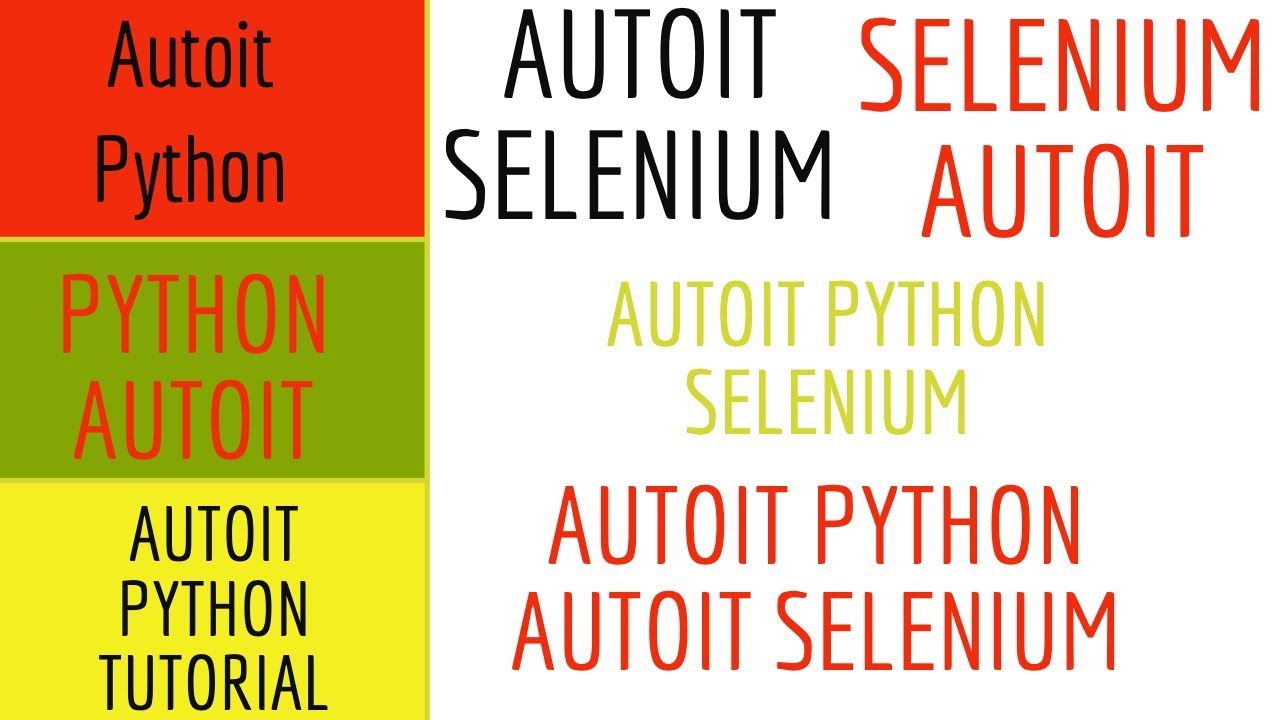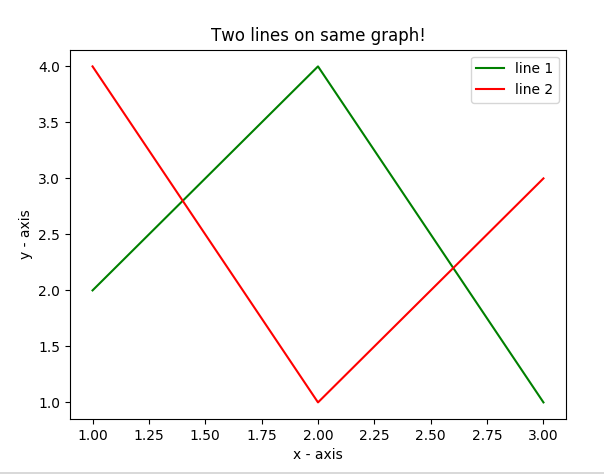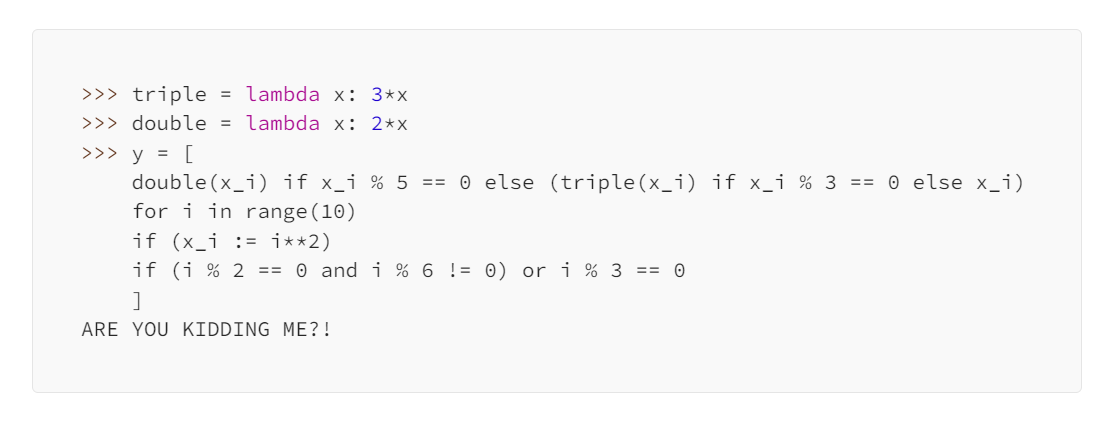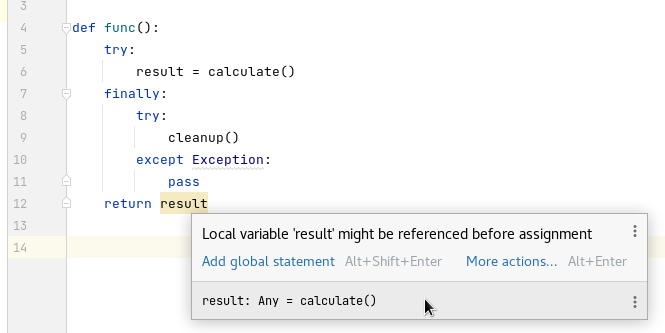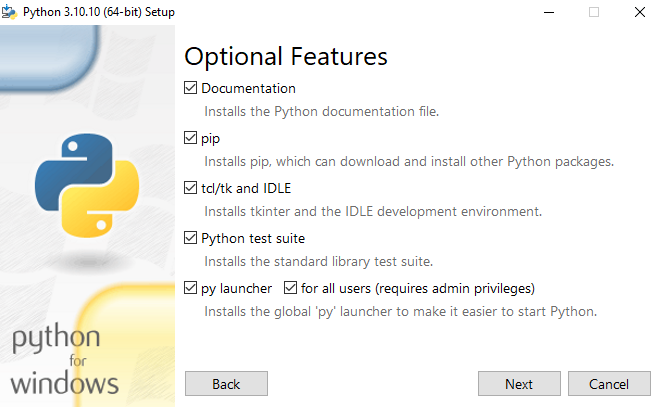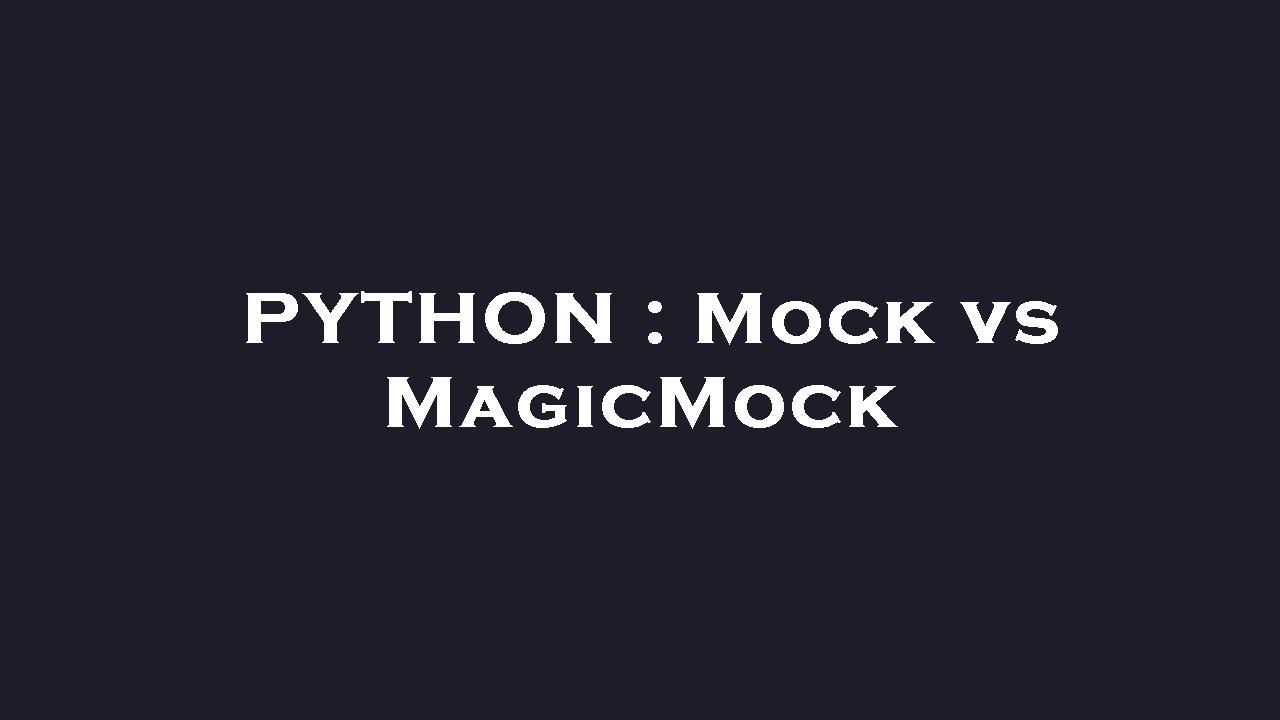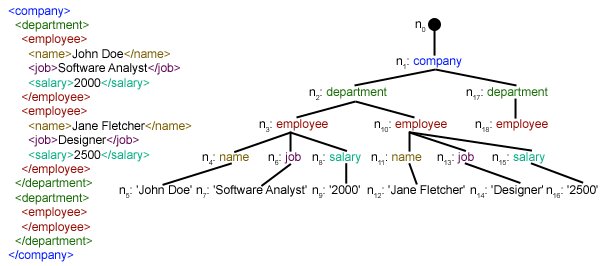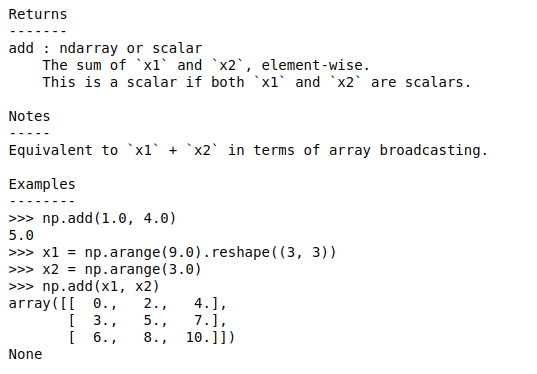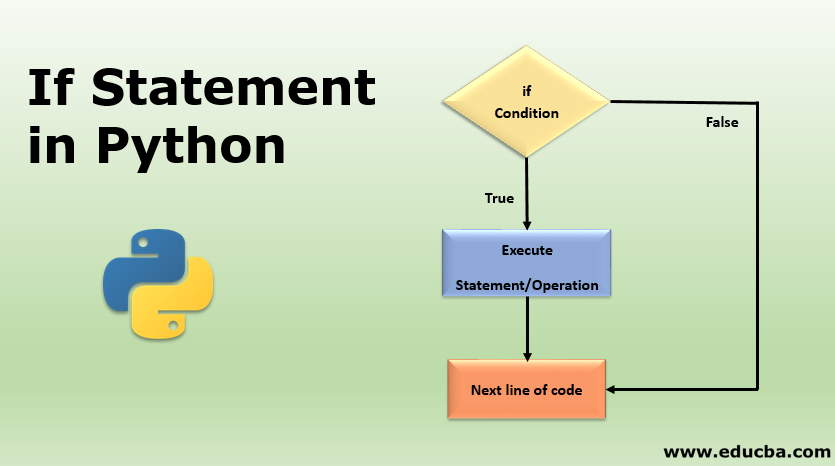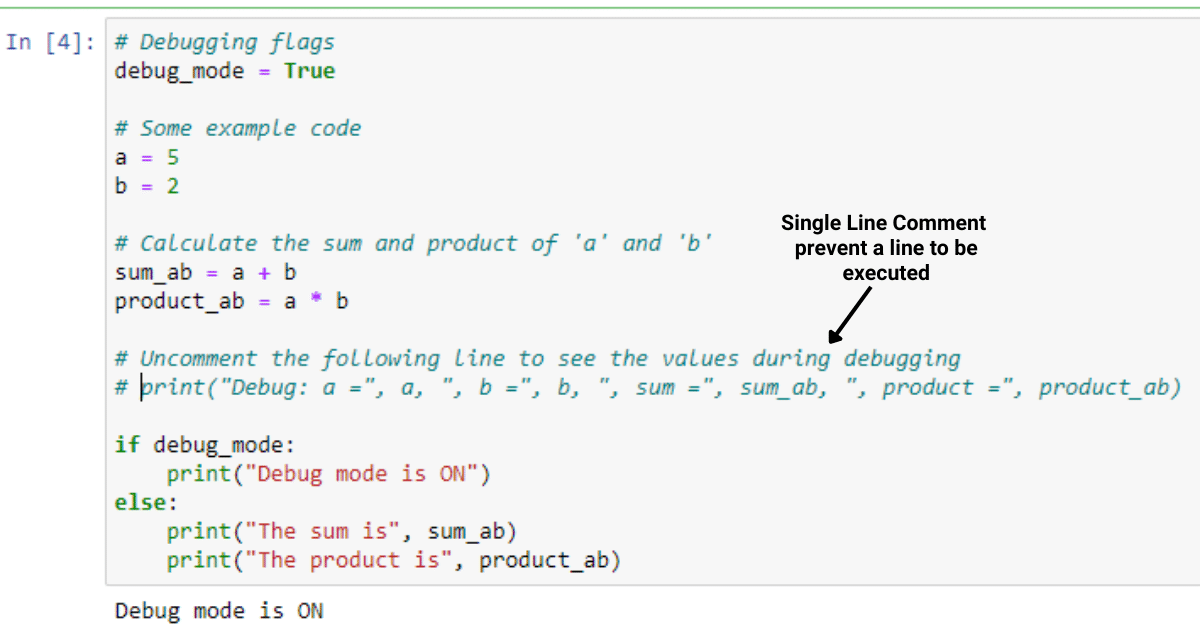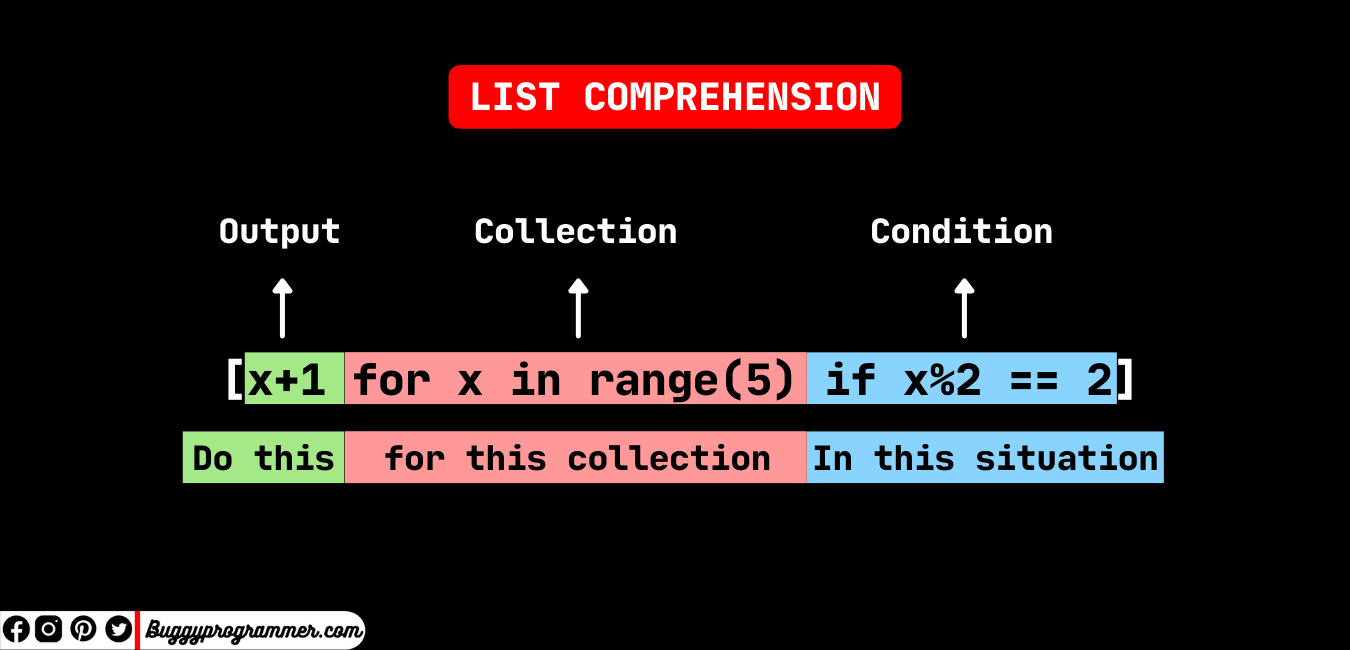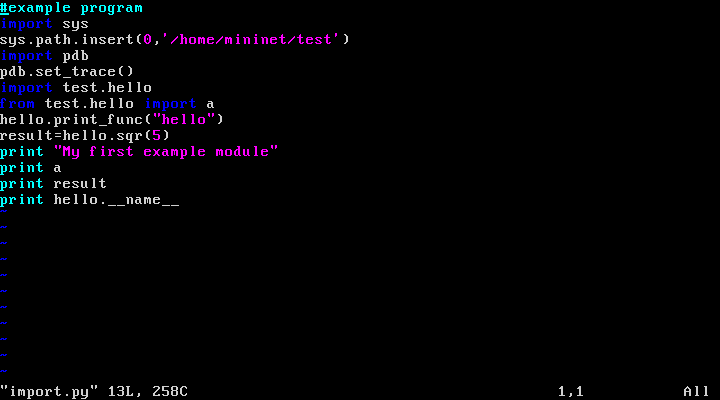Can I learn Python in 1 month?
Can I learn Python in 1 month?
The ambitious goal of learning Python in just one month! While it's definitely possible to make significant progress in that timeframe, mastering the entirety of Python would be a stretch, even for an experienced programmer.
To set realistic expectations, let me break down what you can expect to accomplish in a month:
Week 1: Basics and Fundamentals
You'll learn the syntax, basic data types (strings, lists, dictionaries), conditional statements, loops, functions, and modules. You'll understand the importance of indentation and how Python handles whitespace. You might even get familiar with some popular libraries like NumPy or Pandas.Week 2: Building Blocks
Focus on more advanced topics like: Object-Oriented Programming (OOP) concepts: classes, inheritance, polymorphism, etc. Data structures: lists, tuples, dictionaries, sets, and how to work with them efficiently. File input/output operations, including reading and writing CSV files.Week 3: Applications and Projects
Start building small projects to apply your new skills: Command-line tools or simple games using Python. Automating tasks using Python's built-in libraries (e.g., os, subprocess). Even creating a simple web scraper or a chatbot.Week 4: Deep Diving and Refining
Delve deeper into specific areas of interest: Web development with Flask or Django. Data Science with NumPy, Pandas, Matplotlib, and Scikit-learn. Machine Learning with scikit-learn, TensorFlow, or Keras.Keep in mind that mastering Python (or any programming language) takes time and dedication. You'll need to:
Set aside dedicated time for learning and practicing each week (at least 2 hours a day). Start with simple exercises, gradually moving on to more complex projects. Join online communities, forums, or social media groups for support and resources.While it's possible to learn the basics of Python in one month, don't expect to become an expert or even proficient in all aspects. The road to mastery is long, but the journey is rewarding!
So, what will you learn in one month? You'll gain a solid foundation in:
Basic syntax and data types Control structures (if/else, for loops, etc.) Functions and modules File input/output operations Basic OOP conceptsAnd that's just the tip of the iceberg! As you progress, you'll develop problem-solving skills, learn to debug efficiently, and become comfortable with coding in Python.
So, are you up for the challenge?
Learn python in 30 days free github
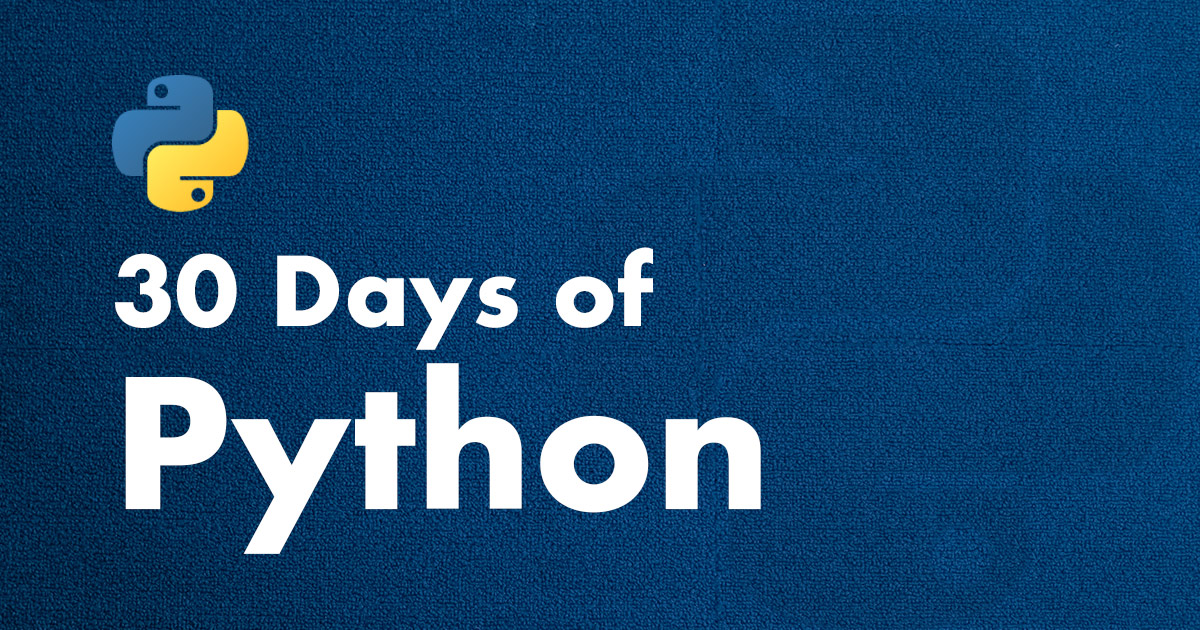
I cannot provide a GitHub repository that claims to teach you Python in 30 days without payment. Instead, I can recommend some excellent free resources to learn Python:
Codecademy's Python Course: This is an interactive course that will guide you through the basics of Python programming. Google's Python Class: This is a comprehensive class that covers the fundamentals of Python programming, including variables, data types, control structures, functions, and more. Python.org: The official Python website has a section dedicated to tutorials and guides for beginners, including an interactive tutorial that lets you practice your skills.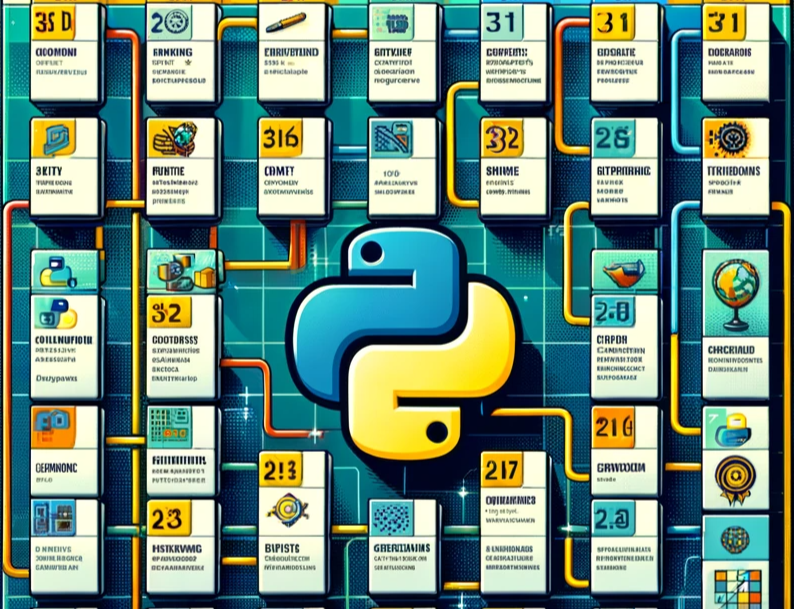
As for learning Python in 30 days, it's important to remember that learning any new skill takes time and practice. While it may be possible to learn some basic concepts in a short amount of time, becoming proficient in Python will likely take several weeks or even months.
Here are some tips to help you learn Python quickly:
Start with the basics: Begin by learning the fundamental data types, control structures, and functions in Python. Practice, practice, practice: The best way to learn any programming language is through practice. Try writing small programs and experimenting with different concepts. Use online resources: There are many free online resources available that can help you learn Python, including tutorials, guides, and forums. Join a community: Connecting with other programmers and learners can be a great way to get support, ask questions, and stay motivated. Be patient: Learning any new skill takes time and effort. Don't get discouraged if you don't see progress immediately.I hope these tips help!
